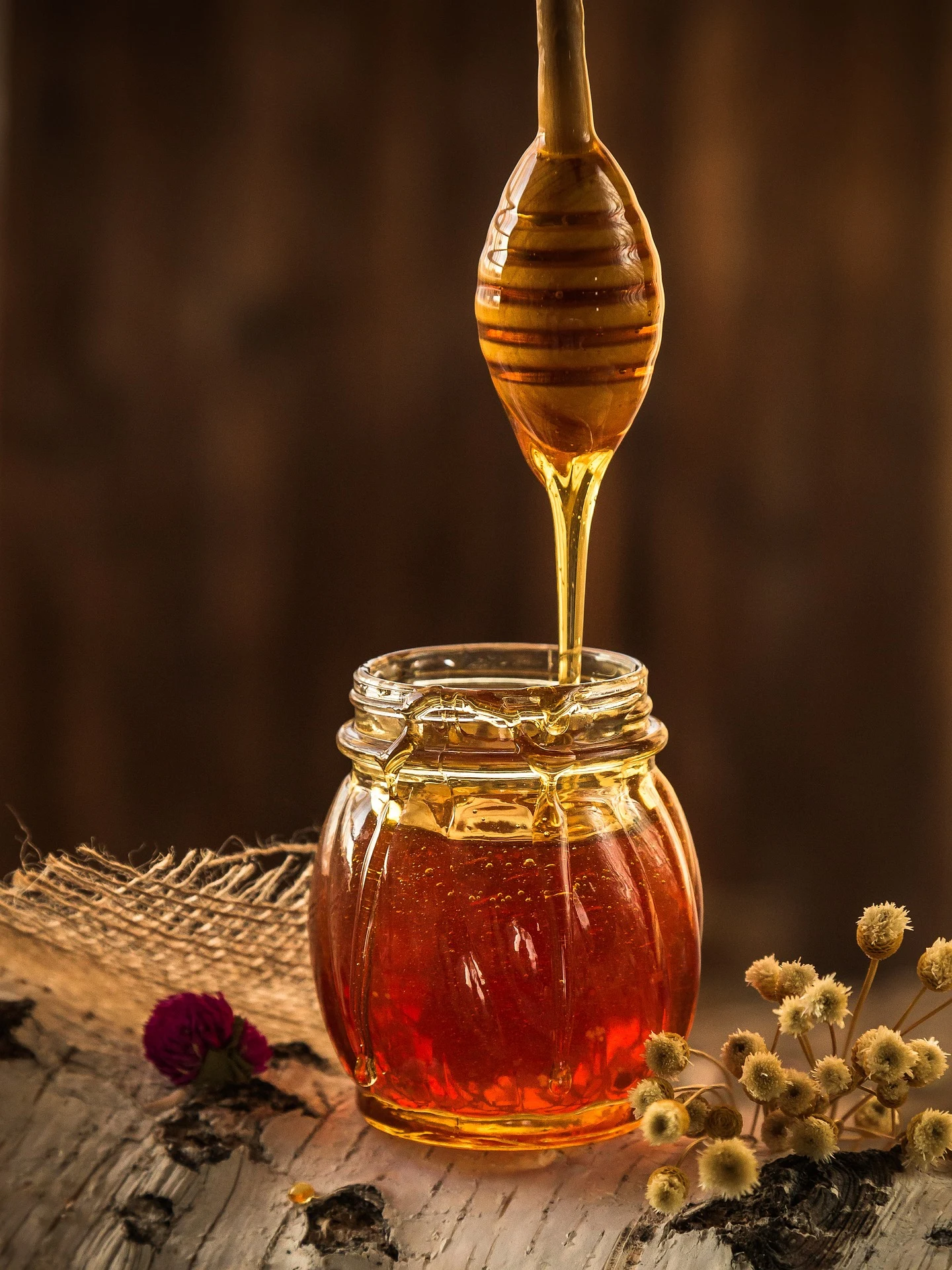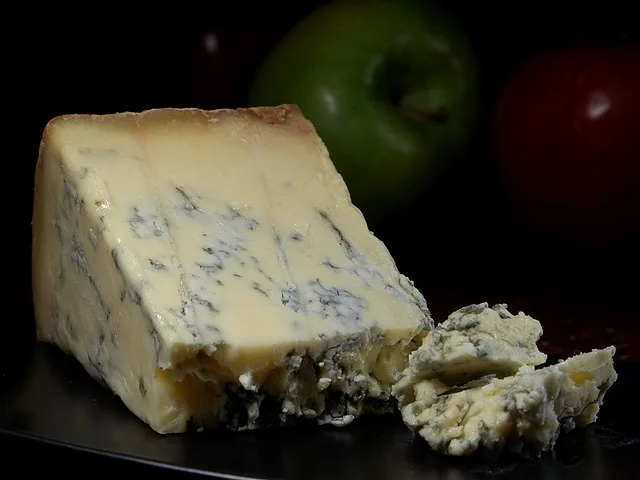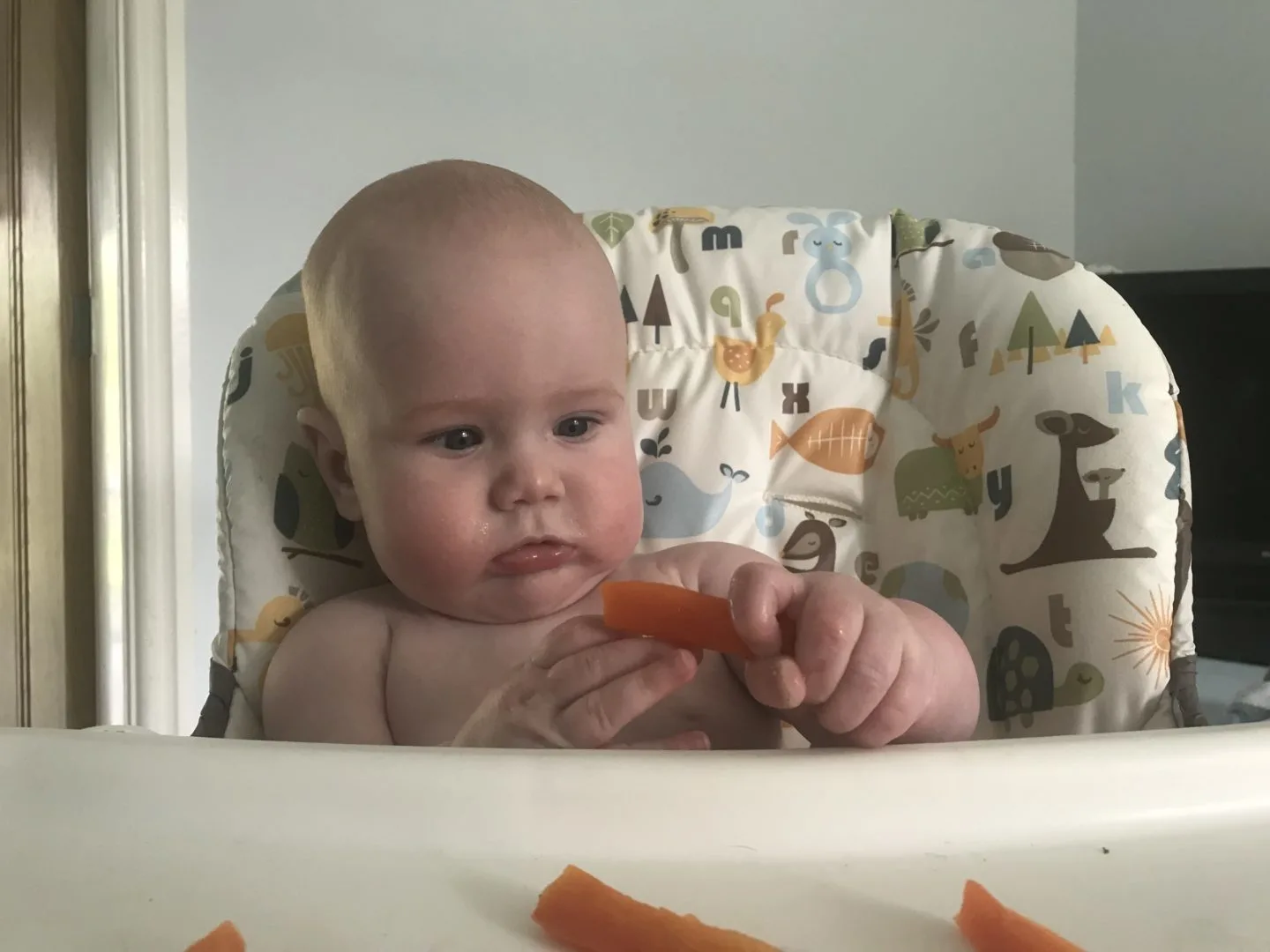Baby led weaning has countless benefits, however, it does require parents to perform additional research before offering their baby certain types of food. Previously we have answered questions such as Can Babies Eat Quorn? and Can Babies Eat Fish Fingers?, but today we are going to be answering a common query: can babies eat pate?
There is no official guidance on the NHS website that states eating different types of pate is dangerous for your baby, however, it is recommended that you avoid fresh pate as this can cause food poisoning. Additionally, pate is typically high in vitamin A due to a high content of liver; this can be harmful to babies if eaten in excess. Therefore the answer to can babies eat pate? is technically ‘yes’, although it should be noted that babies shouldn’t eat pate more than once per week. If you want to play it safe, avoid offering your baby any pate containing liver.

Foods to avoid giving babies
Although we’ve learned that the answer to can babies eat pate? is technically a yes, it is clear that pate is not the safest or healthiest food option when it comes to feeding your young baby. When it comes to your weaning with your baby, no matter whether you choose to follow baby led weaning or not, there are several types of food that are not suitable for babies. The following should not be given to babies:
- Excess salt
- Sugar and honey
- Whole nuts
- Excess saturated fat
- Some varieties of cheese
- Raw or lightly cooked eggs
- Shark, marlin, or swordfish
- Raw shellfish
Let’s take a look at each of these foods in turn in order to understand the dangers of feeding these to young children and babies.
Excess salt
Before you start asking questions like “can babies eat pate?” you first need to learn about the dangers of common ingredients such as salt. Many foods, especially foods that are processed, contain an excessive amount of salt which can be harmful to your baby’s kidneys. Avoid adding salt to meals and be aware of the salt content in the food that you are providing your child. Some of the most common ingredients in our diets, such as bacon, sausages, and crisps are all extremely high in salt, as are common accompaniments, such as gravy.
Sugar and honey
Babies do not need sugar. Natural sugars that are present in your baby’s favourite foods such as fruits and yoghurts are absolutely fine, however there’s no need to offer your baby food that contains added sugar. By avoiding sugary snacks and drinks, such as fruit juice or squash, you’ll help to avoid tooth decay.
Bear in mind that although the answer is yes to can babies eat pate? despite the high levels of vitamin A, the same rule does not apply to honey. As well as being unnecessary sugar, honey can contain bacteria that produce toxins in a baby’s intestines, leading to a very serious illness called infant botulism. You should therefore not offer your baby honey until they’re over the age of 1.

Whole nuts and peanuts
Whole nuts should not be given to children under the age of 5 as they are a major choking hazard. This does not mean that you cannot give your baby nut products, such as nut butters or ground up nuts, because these are smooth and do not pose a risk of choking. With that being said, always ensure that you talk to your GP or health visitor before offering nuts and peanuts to your baby if there’s a history of nut allergies in your family.
Excess saturated fats
Another reason that you should consider asking “can babies eat pate?” before going ahead and offering it to your baby is because most pate contains a high level of fat – a fair amount of this fat is classified as saturated fat. Other foods that are high in saturated fats include common snacks such as cakes, crisps, and biscuits.
Some varieties of cheese
Most types of hard cheese make great snacks for babies that are aged 6 months and over as they are a good source of calcium and contain other nutrients that can help with your baby’s development. With this being said, there are some types of cheese that should be avoided. Babies and young children should avoid eating soft cheese that has been mould-ripened, cheese made from goats’ milk, or blue-veined cheese. Unpasterised cheeses such as these can carry a bacteria called listeria that could make your baby ill.

Raw or lightly cooked eggs
One of the reasons parents may ask, “can babies eat pate?”, is because they’re curious about the ingredients and whether they’re safe or not for babies. Many foods shouldn’t be given to children until they are 6 months of age, and you should always check that the food is from a reputable source. When it comes to eggs, always make sure that they have the red lion stamped on them and have the word “British Lion Quality” printed on the box. If the eggs are stamped, children can have them raw or lightly cooked, however eggs without stamps should always be cooked until both the white and the yolk are solid. This applies to all eggs, such as duck and quail, as well as chicken eggs.
Shark, marlin, or swordfish
As we discovered when answering the question, can babies eat fish fingers?, some types of fish should not be given to babies and children due to high levels of mercury. Mercury can affect your baby’s nervous system, so it’s extremely important that babies do not eat shark, marlin, or swordfish.
Raw shellfish
Earlier I mentioned that one of the reasons parents may be concerned and therefore ask can babies eat pate? is because of the potential risk of food poisoning. For that same reason, it’s not advised to feed your baby any type of raw or lightly cooked shellfish.
Keeping your baby safe from food poisoning.
Parents asking can babies eat pate? will now be aware that one of the potential reasons that it isn’t advised to feed your baby pate is because of the risk of food poisoning. In order to minimse the risks of food poisoning when preparing food for your babies, you should always:
- Ensure you wash your hands well before making food for your baby
- Be sure to disinfect and wipe clean your kitchen surfaces and use clean utensils
- Cook all foods thoroughly
- Teach your babies and children to wash their hands before meals
- Avoid cross contamination by storing food correctly – for example, raw meats should always be stored in the bottom of the fridge to avoid any drips contaminating food

Tips for giving your baby pate
If you’ve read this article that answers the question, “can babies eat pate?”, you will by now be aware of the risks associated with feeding your child pate and the potentials of food poisoning and the toxic dangers of having too much vitamin A. However, if you do choose to give your baby pate, ensure that they are at least 6 months of age and are familiar with food such as bread, crackers, or rice cakes in order to appropriately serve the pate.
Conclusion
This article has discussed the common query, “can babies eat pate?”. We’ve explained that, although it is possible to feed your baby pate from the age of 6 months, it’s recommended that you do not offer it to your baby more than once a week in order to avoid giving your baby too much vitamin A. Avoid giving your baby pate more than once a week and be aware that some types of pate could also result in food poisoning.
